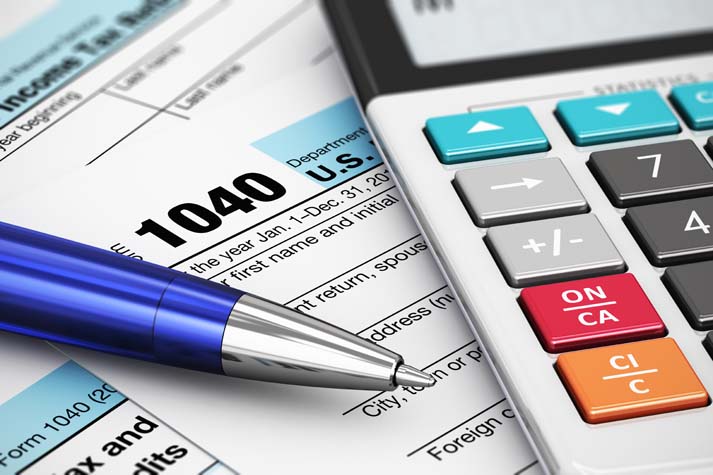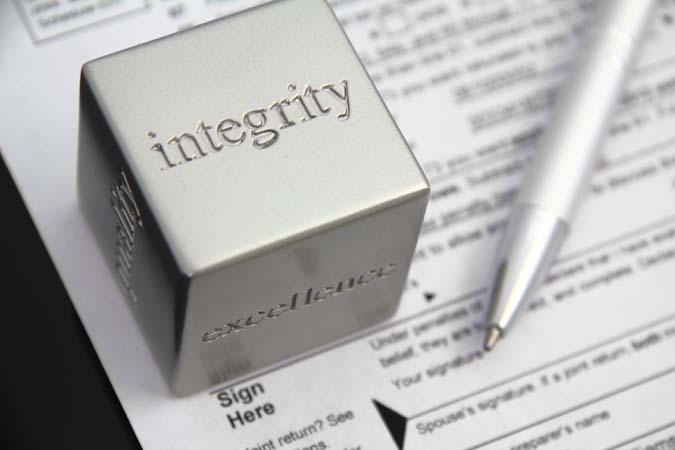Is it hard to file taxes Fayetteville NC
Tax season is upon us again But don't rush to your tax preparer before conducting your research. To make sure you're working with a trustworthy tax preparation company It's best to check their complaint and check their past history at bbb.org. Examine licensure status at State boards of accounting for certified public accountants as well as the IRS Office of Enrollment for enrolling agents.
Don't fall for an "Ghost" taxpayer. In the words of the IRS, "a ghost preparer does not sign a tax return that they prepare. Ghost preparers who aren't scrupulous can print the tax return and instruct that taxpayers to sign and send it to the IRS. For e-filed returns the ghost prepares but refuse to digitally sign as the"paid preparer."



